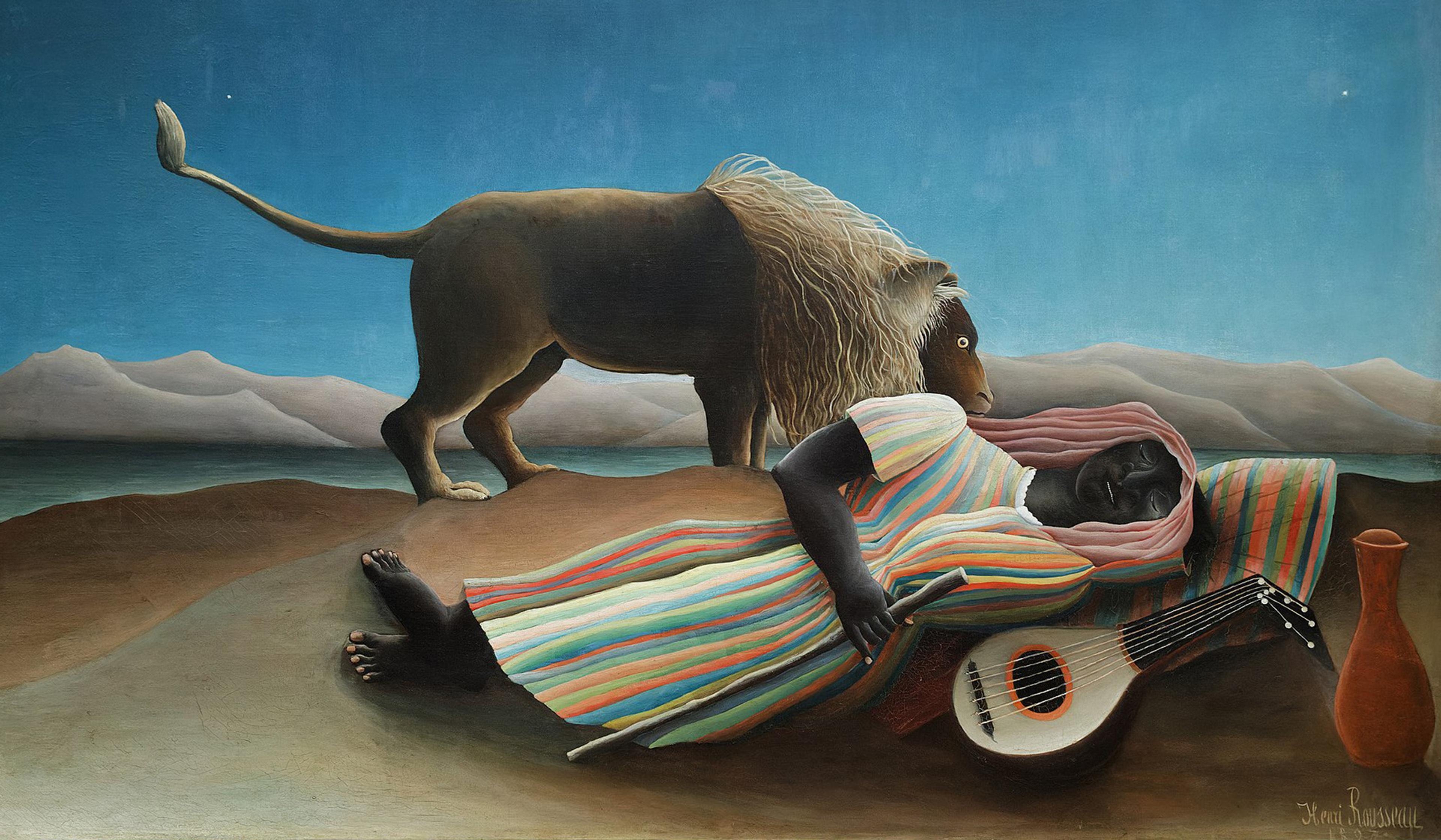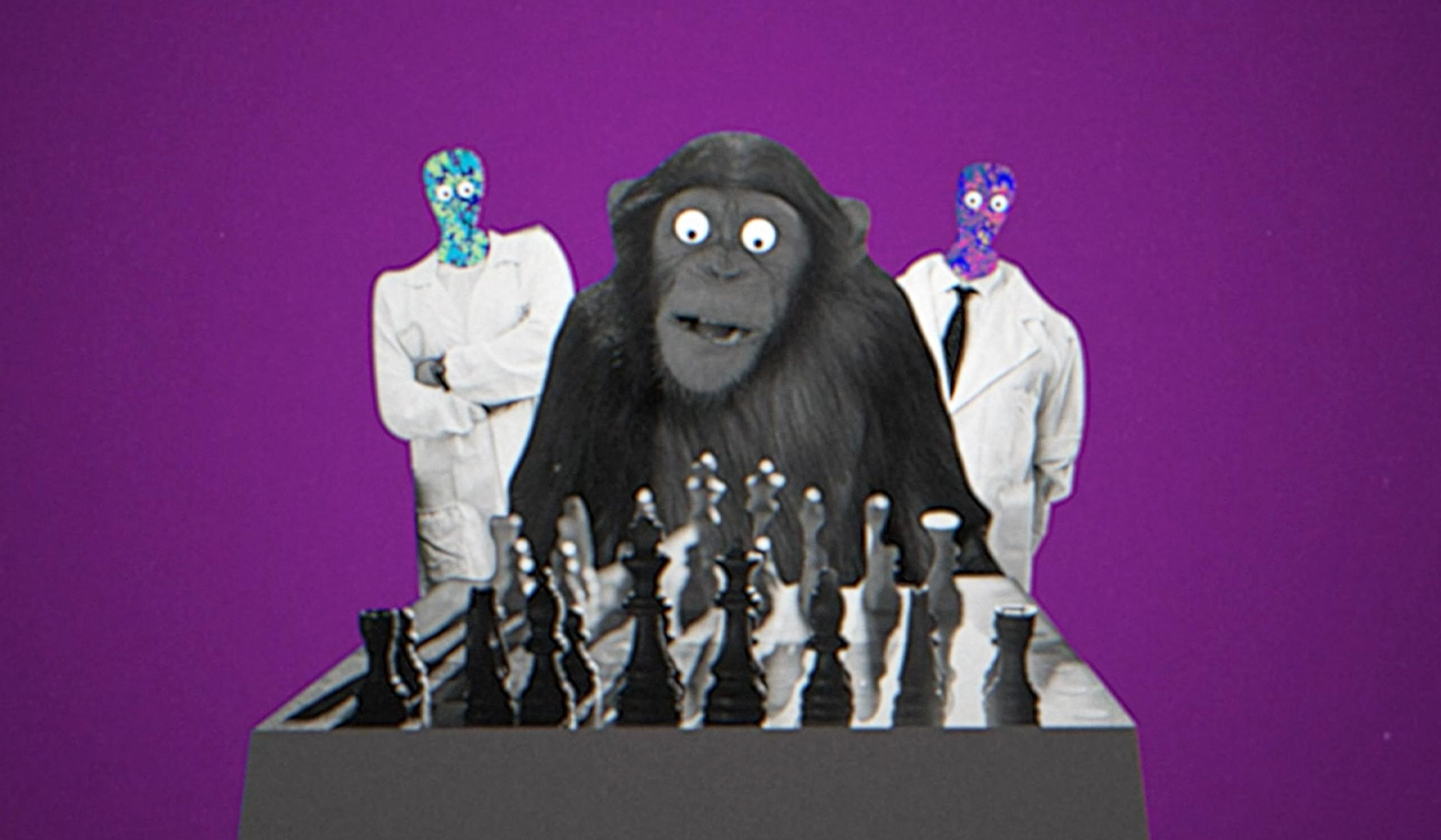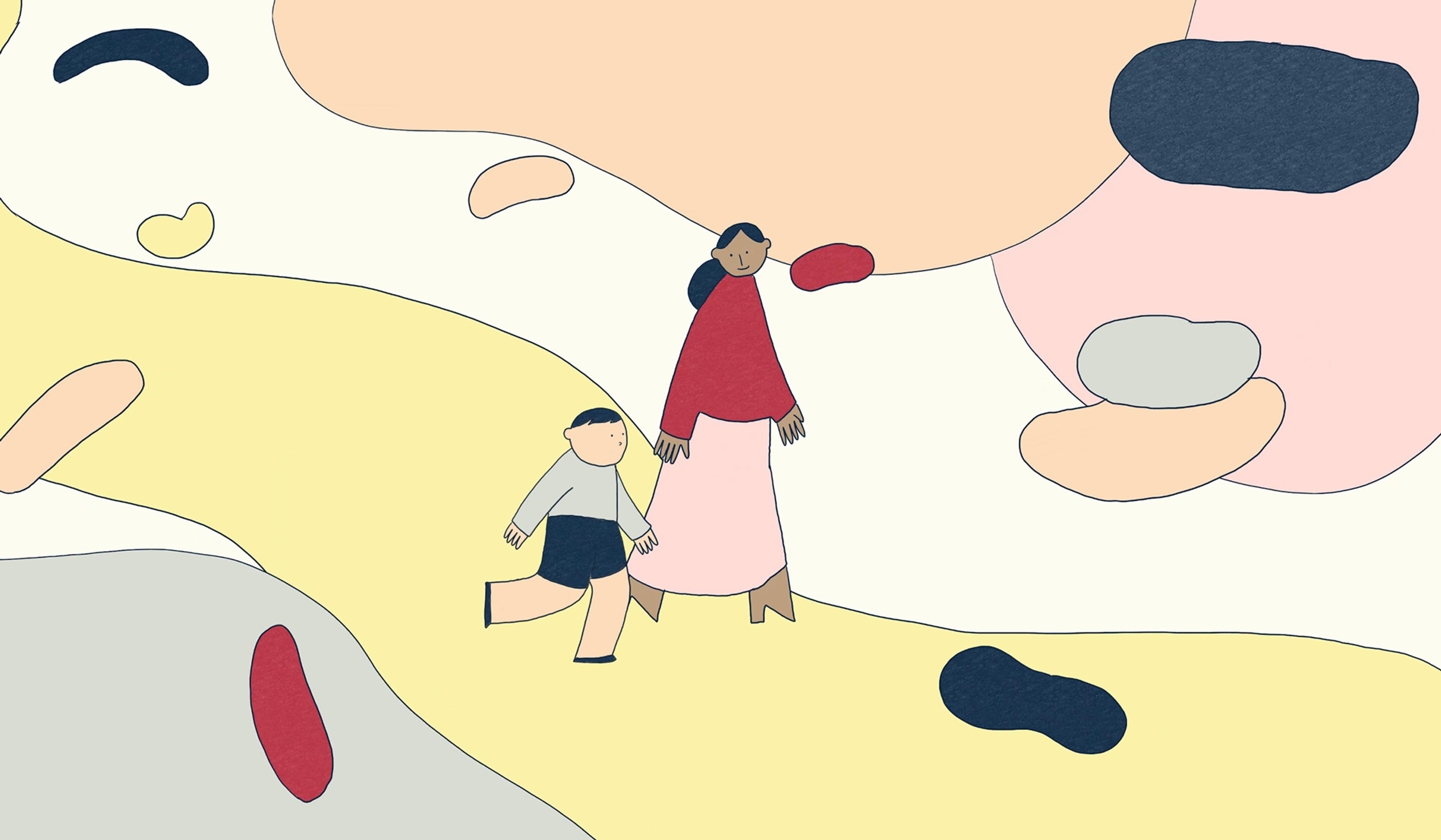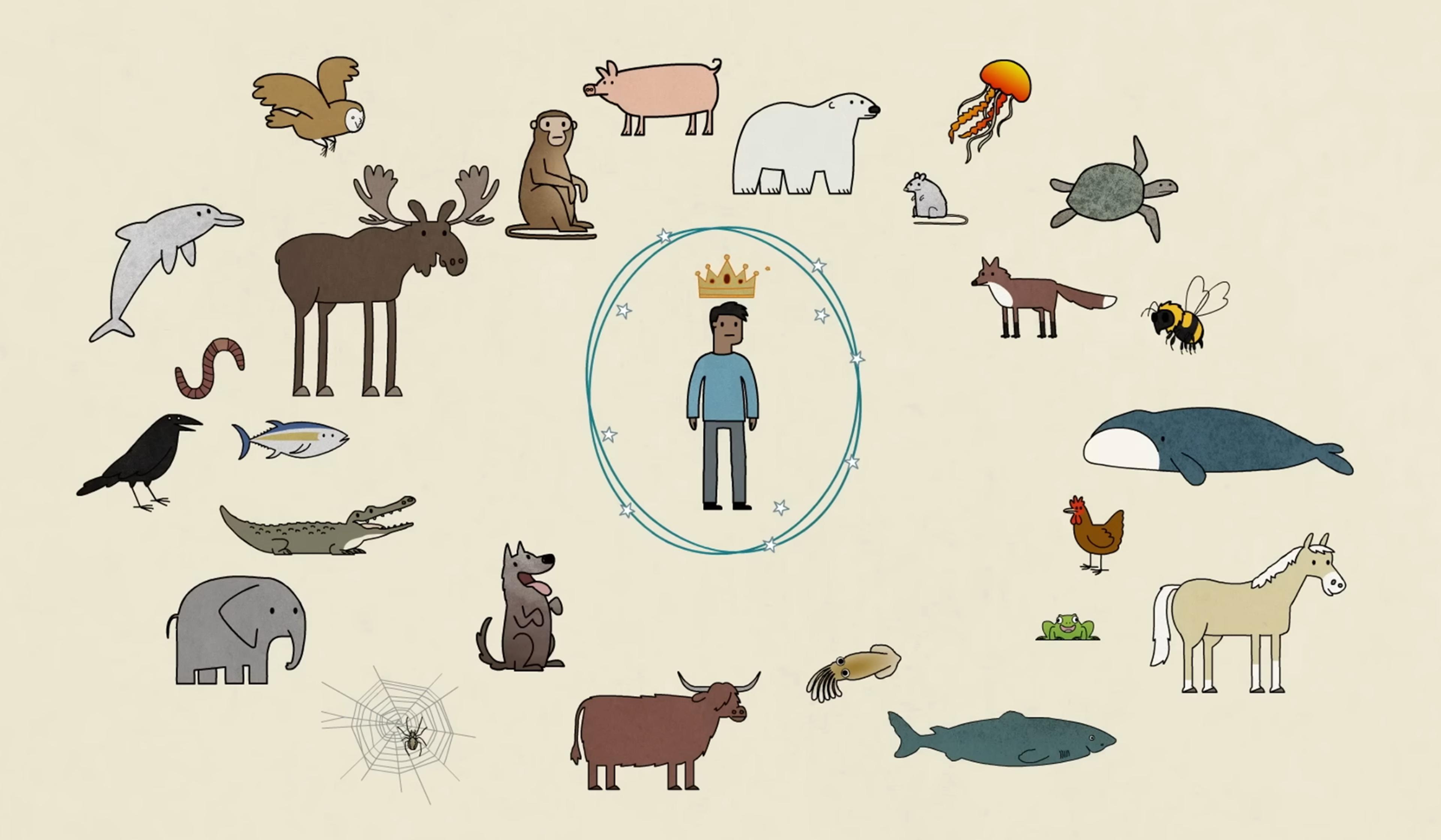Over the past several decades, issues of animal rights have transformed from something of a niche cause to a mainstream concern in much of the world. It’s no coincidence that this increased consciousness has occurred amid a flurry of research detailing how nonhuman animals thrive, suffer, emote and process information in ways quite similar to humans. And it’s not just our primate cousins that seem to possess surprising levels of smarts – even small-brained creatures such as honeybees can count and grasp abstract concepts. Our rapidly evolving understanding of nonhuman animal intelligence poses myriad important questions for scientists, philosophers and lawmakers. For instance, to what extent should legal protections of ‘personhood’ apply to nonhuman animals? And can we ever hope to get past our own biases when assessing the minds of other beings?
As Marta Halina, a senior lecturer in philosophy of cognitive science at the University of Cambridge, explains in this latest instalment of Aeon’s In Sight series, these emerging ethical issues demand a new framework for helping us to better understand cognition in its many varieties and root out anthropocentrism. One potential tool, Halina says, is through creating something akin to a periodic table of elements for intelligence, guided by both qualitative and quantitative assessments. Through her work on a new initiative researching ‘the major shifts in computational organisation that allowed evolving brains to process information in new ways’, Halina hopes to help build a scientifically rigorous backbone for this proposed ‘periodic table’ of cognition.
This Video was made possible through the support of a grant to Aeon+Psyche from the John Templeton Foundation. The opinions expressed in this Video are those of the author and do not necessarily reflect the views of the Foundation. Funders to Aeon+Psyche are not involved in editorial decision-making.








